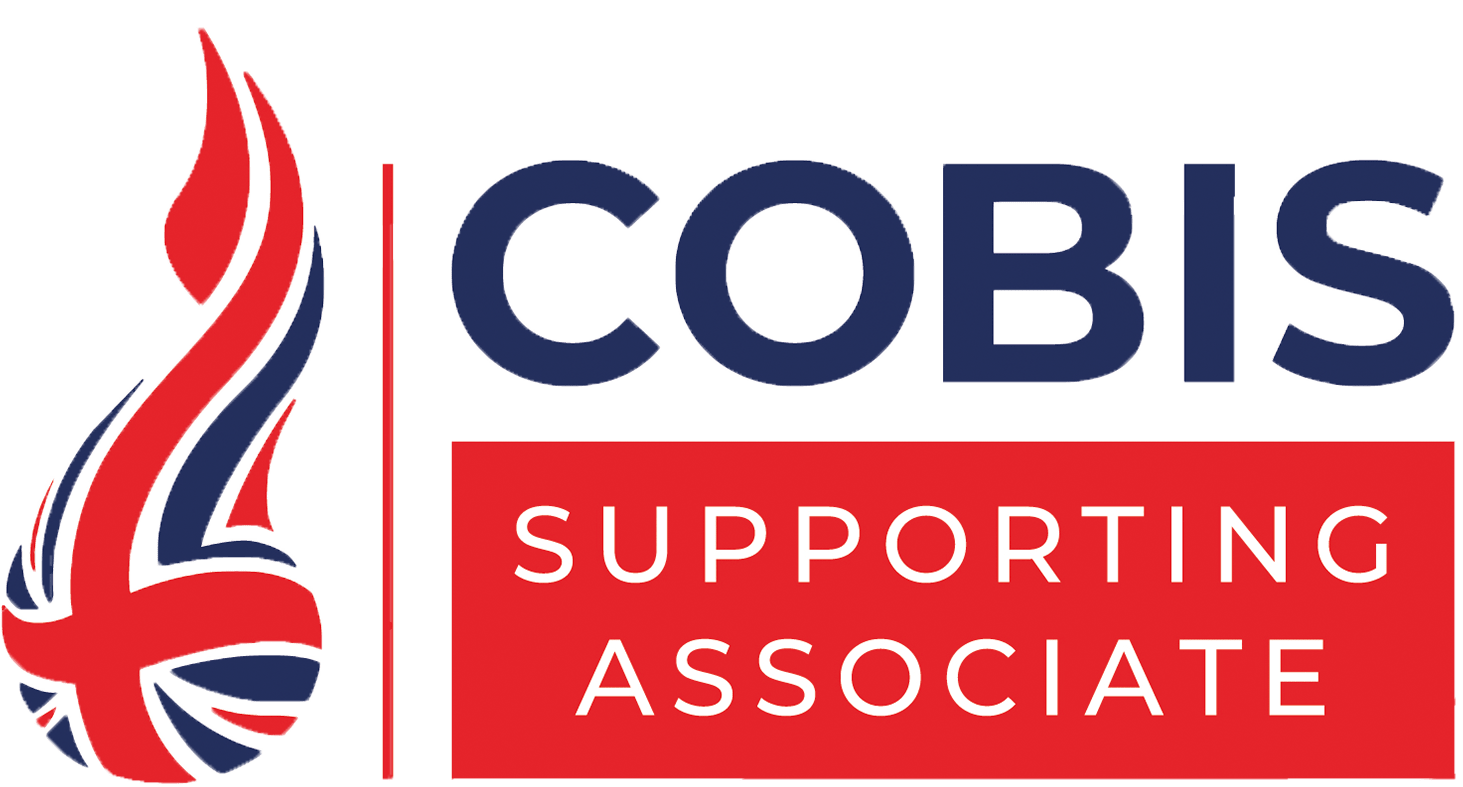Whilst the Assessment Lead Programme alone aims to support sustainable change, you can also combine it with in-person school visits. A perfect example of this can be seen at Falinge Park High School.
With registrations for Cohort 4 of the Assessment Lead Programme now open, and schools beginning to plan their CPD for the next academic year, we wanted to speak to a few of the schools who are on the Programme’s first and second group of participants, to find out more about how they’re getting on, what is proving useful, and how flexible, efficient and affordable assessment training is benefiting them and their teams. Last week, we highlighted the British International School of Kuala Lumpur‘s work so far; this time round, we’ll look at Falinge Park High School in Rochdale.
FPHS is a large, multi-cultural, vibrant comprehensive in Rochdale, Greater Manchester. The main objective of the school at present is the creation of a Compelling Learning Experience. The school was awarded Silver for its quality of professional development in a Teacher Development Trust audit after just two years, and aims to be a school which is continually learning and improving.
One of their three priorities in 2017-18 was the improvement of curriculum and assessment across the school. After attending one of our CEM Data Workshops, the team decided to join ALP, as well as supplementing it with a number of in-house training days. During these visits, the EBE team have taken a bespoke approach, including holding meetings with subject leaders, guiding the team of Assessment Leads in the creation of an holistic assessment approach, and running workshops in the school in order to support its implementation.
Here is Janice Allen, the school’s Headteacher, on the programme so far:
“ALP does take you into the liminal space – it challenges you and really makes you question yourself: it allows you to go back and review, to respond to your own misconceptions; it assesses you throughout giving you guidance and going back over the areas you don’t quite understand; it allows you to delve deeper based on your interests directing you to different research; it opens up new doors and possibilities that you thought you knew, but perhaps you only knew on a surface level.
It doesn’t allow you to just speed through and gain the accreditation as a “badge”; key components are the lessons and meetings you take together as a team. For a distance learning programme, it really is a collaborative approach, and the EBE team is there to help and answer any questions. We have all thoroughly enjoyed it and have learnt a great deal – it has proved to be a compelling learning experience for us at Falinge – just what we want for all our community.”
We also asked Janice a few specific questions. In all honesty, we didn’t expect quite such a complete response!! So we’ve summarised below, and you can read the answers in full in this PDF.
Has the way you think about assessment changed as a result of training to be an Assessment Lead? If so, how?
“The training has made us go back to the beginning and think carefully about the purpose of assessment. We recognised that this was the essential area to focus on when sharing our learning with our Middle Leaders and staff. It has made us confident to discard certain practices which weren’t having a benefit on learning and do more with less.”
What impact do you perceive ALP has had on your colleagues’ teaching practice?
“Our Computer Science lead recognised that, whilst the aims of their curriculum and the description of deep knowledge and deep skills were absolutely where they should be, their assessments weren’t allowing children to reach the deep knowledge and subject specific skills. They went back and reviewed how they were assessing, the purpose of it and reframed their assessments.
Our Head of RE questioned, through the dissemination of the programme, what the purpose was of them using questions from the GCSE papers with Year 9. It helped them to recognise the importance of assessing the key curriculum constructs rather than just helping them to gain six marks for a certain question in an exam they would sit three years later.
These sound really simple and maybe we were very behind but, from my experience as a Deputy in two schools prior to Falinge, I don’t think so……”
Do you think that any changes in your practice and your colleagues practice will be sustained over the coming months and years? If so, why is this and how do you see it happening?
“Absolutely. One of our three priorities this year was to improve the curriculum and assessment across the school. It’s going to form our priority next year and, following our recent Ofsted, has been identified as an area to continue the good practice we have started. It has to as our big aims of the curriculum drive everything we do. We have the commitment from staff to do this, we have given them the time – we now have the tools to make it a reality.
We aim to train a further six assessment leads over the next 24 months via the Assessment Lead Programme so that we have specialists in every subject area.”
Do you think that doing ALP will have a positive – if indirect – effect on student outcomes?
“It has to, or else we wouldn’t be doing it. If we understand our curriculum fully and if we understand the most effective ways to assess our curriculum then we can go back and teach those areas which pupils have struggled with.
It’s also helped teachers to become more expert in their subject-specific knowledge through collaboration and external support. If we have a body of teachers who love their subject, feel valued through the investment and want to work in an environment which enables them to be creative and take calculated risks, then this can only have a positive effect on student outcomes.”
Get involved!
If you and your school or college would like to get involved with the Assessment Lead Programme, don’t miss out! We have strictly limited places available on Cohort 3, which is open for registrations now – you can sign up at this link.
If you are part of a group or Academy Trust, do get in touch – we are happy to discuss group rates.
If you’d like to find out a bit more before registering, we are running an informational webinar, where we will also demo the platform, on March 16th at 4pm UK time. Click here to register.





